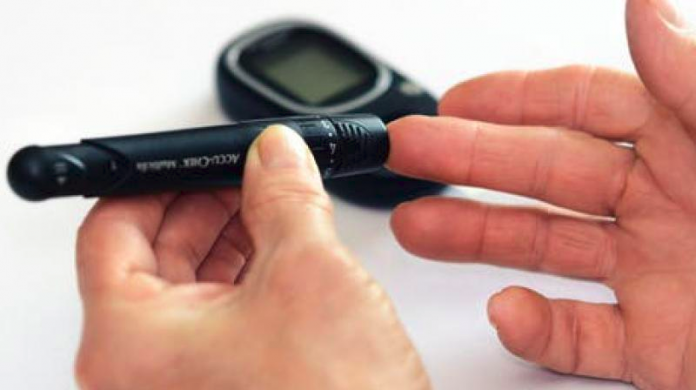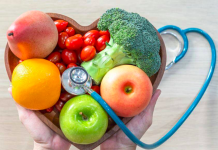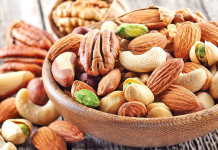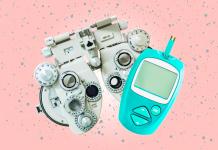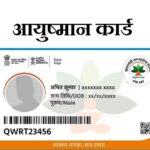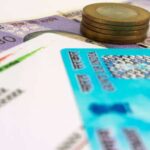Food plays a crucial role in regulating the sugar or glucose level in blood, so incorporating a healthy diet in one’s daily life is a must for any diabetic patient. While some apparently beneficial fruits and vegetables can be a big ‘No’ for diabetic patients, some other types of fruits, vegetables and whole grains are recommended by experts.
Experts elaborate on the correlation between diet and diabetes and underscore the importance of maintaining a healthy diet for diabetic patients.
All said and done, doctors state that there’s no separate medical term as a ‘diabetic diet.’ What’s required is a healthy diet, consisting of not more than 50% carbohydrates, 20% protein and 30% fat. One should eat in moderation and maintain a proper meal time. Fine carbs and sugary foods are best avoided.
Diet–diabetes correlation
Dr A Mythili, senior endocrinologist and founder secretary of Diabetic Child Society, Visakhapatnam, explains the correlation. “The three main components of food that supplies energy to the body consist of carbohydrates, fat and proteins, apart from micronutrients like vitamins and minerals,” she states. The doctor further explains the breakup. “One gram of carbohydrate and one gram of protein equate to four grams of kilocalories (Kcal) while one gram of fat equates to nine Kcal. Carbohydrates, especially fine carbs and sugary foods, are absorbed from the stomach at the fastest rate in the bloodstream, thereby causing an immediate increase in blood glucose level. The function of insulin is to remove the excess glucose from the blood and distribute it to the liver and muscles so that the glucose level is balanced and the body gets energy.”
However, in case of diabetic patients, says the doctor, either insulin is not produced sufficiently in the pancreas or the body cannot use the insulin properly and the excess glucose is not delivered to the various organs. “As a result, a high level of glucose remains in the blood, which is called blood sugar. It is, therefore, recommended to limit the intake of carbohydrates in diet as they are immediately absorbed in blood and increase the glucose level,” she adds.
Dr Mythili also points out how fat is absorbed moderately fast while proteins take the longest time to convert to glucose as they are absorbed at a slower rate. “Protein-based diets including pulses, paneer, soya and eggs are best as they don’t produce acute glucose excursion like carbohydrates. “So, if a diabetic person is consuming 1,800 Kcal per day, 50% that is 900 Kcal, should come from carbohydrates (complex ones like oats and wheat flour, not refined maida and sugar) and the remaining 900 Kcal should come from proteins, fats and other nutrients. Also, include five servings (approximately 500 gm) of various fruits and vegetables in one’s daily diet.”
Foods to avoid
l Alcohol and aerated drinks, artificial sweeteners
l Beverages sweetened by sugar, bakery items, beetroot
l Chocolates, candies, cakes and confectionaries, crackers, creamer
l Deep fried snacks and some dry fruits
l Excess egg yolks, energy drinks with high caffeine
l Fats like palm oil and fatty foods like French fries, frozen foods
l Glucose, grapes, ghee in excess, grilled cheese
l Honey
l Ice creams, instant noodles
l Jaggery, juices containing sugar, jams and jellies
l Lemonade (sweetened)
l Maida (white flour), muffins, margarine, mixed drink mocktails
l Noodles (made using white flour)
l Oily food in excess
l Potatoes, pasta, pizzas, pickles, pastries, processed foods
l Rice (white, polished), red meat, refined flour snacks
l Sugar, sweets, sabudana (tapioca seeds), smoothies, soda, sausages
l Tapioca, trans-fats
l Vermicelli
l White flour, white rice, white sugar, white bread, white pasta
l Yam, yoghurt (flavored and fruity)


